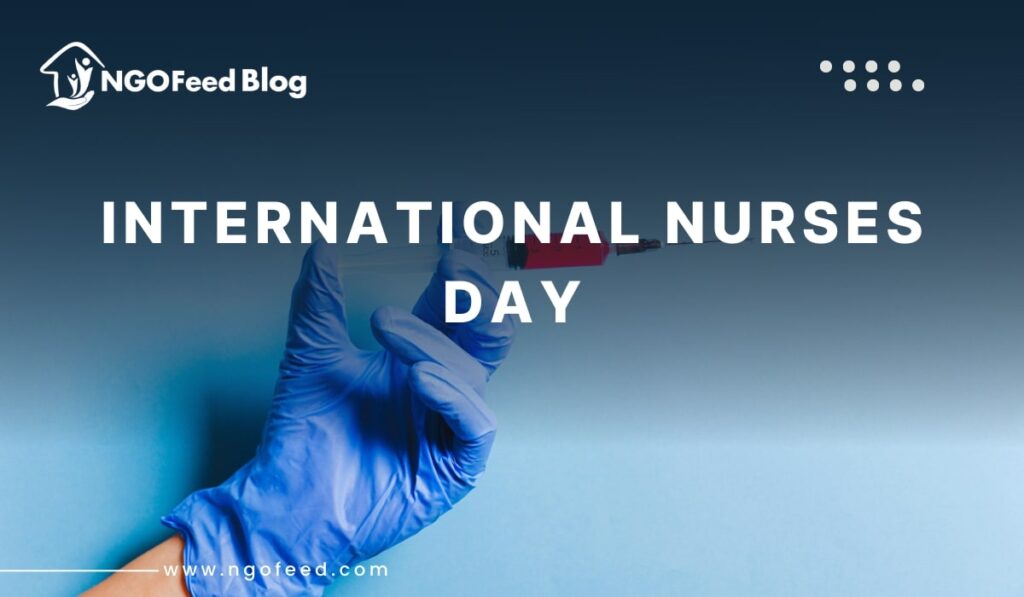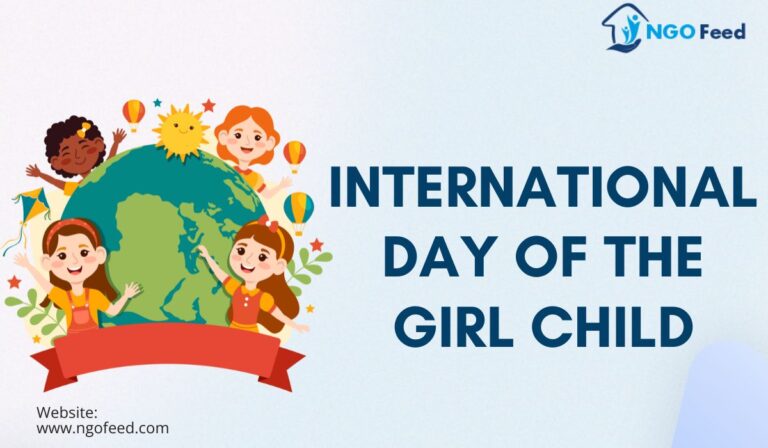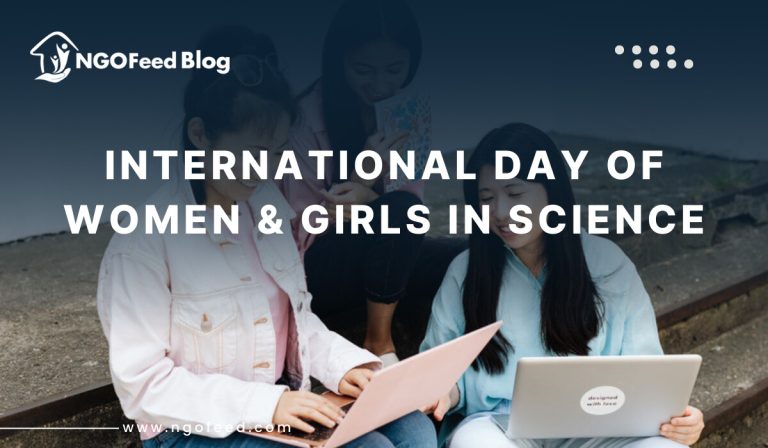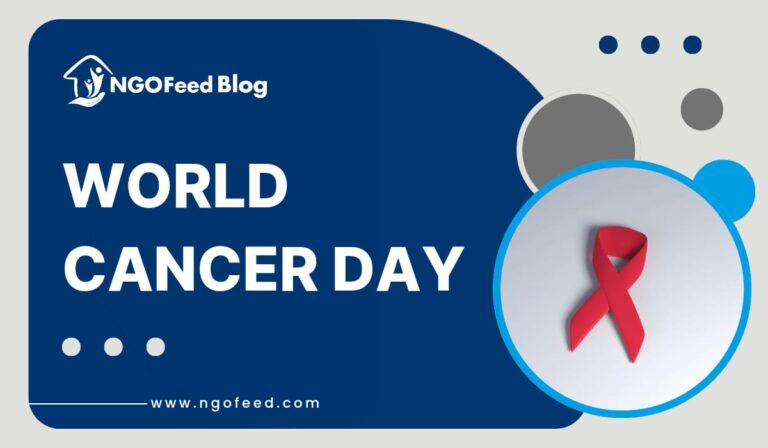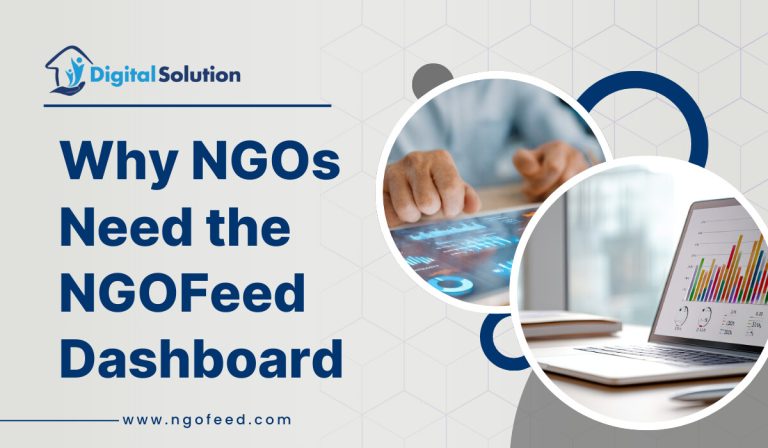International Nurses Day, celebrated annually on 12 May, is a worldwide event intended to acknowledge the selfless dedication, service, and vital contributions of nurses. This day commemorates the birth anniversary of Florence Nightingale (1820–1910), who transformed the field of modern nursing. Around the world, nurses act as the foundation of healthcare systems, offering compassionate, ongoing, and holistic care in hospitals, clinics, homes, and areas affected by disasters.
Their responsibilities extend well beyond bedside care—they function as advocates, educators, researchers, and sometimes the only healthcare providers accessible in rural and underserved regions. Observing this day not only pays tribute to their legacy but also emphasizes the need for investment, support, and respect for the nursing profession amid global health issues.
Table of Contents
International Nurses Day – Origin and Historical Context
The origins of International Nurses Day date back to 1953 when Dorothy Sutherland from the U. S. Department of Health suggested a day to honor nurses to President Dwight Eisenhower. Although it was not officially recognized at that time, the International Council of Nurses (ICN) adopted the initiative in 1965 and officially began celebrating the day.
Choosing 12 May is symbolic—it marks the birth date of Florence Nightingale, the British nurse whose reforms during the Crimean War pioneered modern nursing practices. Nightingale’s focus on hygiene, discipline, and data-driven care fundamentally changed patient treatment, and her legacy continues to influence nursing philosophy, ethics, and education worldwide.
Also Read: Role Of NGOs in Psychological Support
Why We Celebrate International Nurses Day?
Observing International Nurses Day carries significant importance in today’s society. Its main objective is to appreciate the courage, skill, and dedication of nurses who frequently operate under severe pressure, forsaking personal comfort for the sake of others’ well-being. Beyond mere recognition, the day acts as a call to action to:
- Highlight systemic challenges such as workforce shortages, inadequate wages, and unsafe work conditions.
- Acknowledge nurses’ involvement in public health policy, disease prevention, and emergency response.
- Encourage professional growth and education within the nursing workforce.
- Motivate the upcoming generation to pursue nursing by demonstrating its importance and purpose.
The celebration transcends a solitary event, encompassing a worldwide movement aimed at enhancing the visibility, voice, and vibrancy of nurses in reforming healthcare systems.
International Nurses Day 2025 Theme
Annually, the International Council of Nurses (ICN) designates a theme that corresponds with current healthcare obstacles and nursing priorities.
Theme for 2025: “Nurses: A Voice to Lead – Delivering Quality, Securing Equity”
International Nurses Day Aims & Objectives
The overarching aims of International Nurses Day are diverse, addressing both symbolic recognition and practical reform. These include:
Also Read: Role Of NGOs in Cancer Care
- To celebrate and recognize the indispensable role of nurses in healthcare delivery.
- To enhance public understanding of the difficulties encountered by the nursing community, such as workload, emotional exhaustion, and workplace threats.
- To fight for equitable salaries, safe working conditions, and available career progression. To foster gender equality, as nursing has historically been a female-dominated field that is undervalued despite its significance.
- To motivate national governments and health organizations to invest more resources in nursing education, hiring, and retention. These objectives are essential for maintaining a strong global health system, particularly during health emergencies like pandemics, natural disasters, and armed conflicts.
Significance in Today’s World
In a world grappling with increasingly intricate health challenges—from outbreaks of infectious diseases to mental health crises and an aging demographic—nurses frequently serve as the first point of contact for care and the final defense for patient recovery. Their responsibilities are swiftly changing, covering clinical care, technological shifts (e. g. , telemedicine), community engagement, health education, and research. Nevertheless, the profession lacks adequate support in numerous areas:
Over 80% of the worldwide nursing workforce is situated in just half of the global countries. A large number of nurses endure chronic stress, exhaustion, and workplace violence. There is a worldwide shortfall of around 6 million nurses, a crisis impacting both urban hospitals and rural clinics. International Nurses Day highlights these inequalities and advocates for effective long-term reforms.
Also Read: Role Of NGOs in Disabled Person
How You Can Help: Individual Contribution
You do not have to be a healthcare professional to embody the spirit of International Nurses Day. Individuals can offer significant contributions through small but impactful actions:
- Express Gratitude: Send thank-you cards, flowers, or social media messages to nurses you know or have interacted with.
- Educate Others: Share informative content regarding the contributions and challenges faced by nursing.
- Support Nursing Education: Contribute to nursing colleges or provide scholarships to talented students.
- Advocate for Change: Engage in campaigns that advocate for improved nursing conditions and funding.
- Volunteer: Donate your time or skills at healthcare events or NGOs that assist nurses in community outreach.
Your voice, presence, and respect can all contribute to fostering a more just and equitable healthcare environment.
Role of NGOs at the National Level
Non-Governmental Organizations (NGOs) play a vital complementary role in supporting nurses and broadening their influence beyond official institutions.
Key Contributions Include:
- Education and Training: NGOs offer specialized education for nurses, particularly in rural and disaster-prone regions, such as maternal health, HIV/AIDS treatment, mental health counseling, and first aid.
- Healthcare Access: NGOs send nurses to neglected areas through mobile health units and telehealth, ensuring that even the most disadvantaged receive medical care.
Also Read: Role of WHO in Healthcare
- Policy Advocacy: NGOs advocate for policy reforms to enhance nurse-to-patient ratios, enforce anti-violence regulations in hospitals, and broaden professional development initiatives.
- Mental Health and Well-being: NGOs deliver psychological support services to assist nurses in managing emotional fatigue and trauma, particularly after extended shifts or during emergencies like pandemics.
- Emergency Preparedness and Response: In times of natural disasters, conflicts, or epidemics, NGOs deploy trained nurses to offer frontline assistance, distribute resources, and uphold community health initiatives.
Examples in India:
- CARE India: Focuses on maternal and child health, empowering nurses through educational programs.
- Smile Foundation: Operates mobile hospitals with nurses serving as chief caregivers.
- SEWA (Self-Employed Women’s Association): Advocates for female community health workers and nurses employed in informal sectors.
Conclusion
International Nurses Day transcends a mere commemorative occasion—it celebrates fortitude, compassion, and optimism. It serves as a reminder that the true strength of a healthcare system lies not solely in its infrastructure, but in the hands of the devoted professionals who serve it tirelessly. Nurses infuse life into medicine and emotion into science.
This day provides a chance to move beyond mere symbolic acts and pledge enduring support for nurses. As individuals, organizations, and communities, we must acknowledge that nurses do not just care for us—they safeguard the very pillars of public health.
Let us honor their sacrifices by guaranteeing their rights, dignity, and voices are acknowledged every day.
Frequently Asked Questions (FAQs)
Q1. Why is International Nurses Day celebrated on 12 May?
It commemorates the birth anniversary of Florence Nightingale, who established the foundations of contemporary nursing.
Q2. Who organizes the celebration of this day?
The International Council of Nurses (ICN) spearheads the global observance, while national organizations, hospitals, and NGOs conduct local events.
Q3. What are common activities on this day?
Award ceremonies, public awareness initiatives, workshops, seminars, free health camps, and tributes on social media.
Q4. How can I participate or contribute?
By expressing gratitude to nurses, sharing educational resources, donating to relevant causes, volunteering, or joining campaigns advocating for healthcare reform.
Q5. What is the role of NGOs on this day?
NGOs deliver education, outreach, emergency aid, policy advocacy, and mental wellness services for nurses and the communities they serve.

